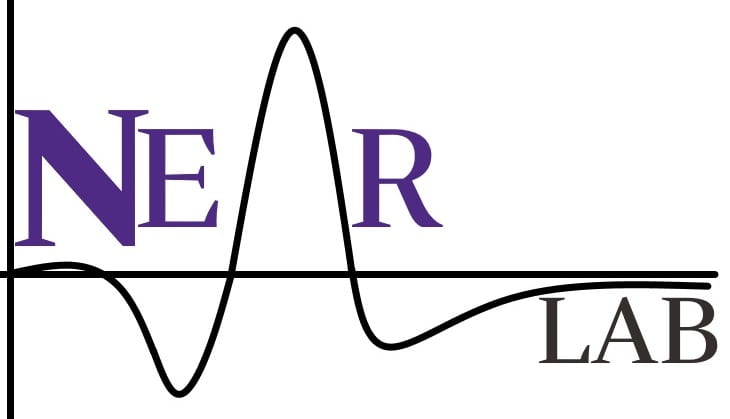Depression and Motor Disturbance
Major depressive disorder (MDD) is a serious public health problem that has, at best, modest treatment response.One way to parse the heterogeneity is to investigate the role of particular features of MDD, an endeavor that can also help identify novel and focal targets for treatment and prevention efforts. Psychomotor disturbance (e.g., psychomotor agitation [PmA] and retardation [PmR]) has long been viewed as a particularly pernicious feature of MDD, and yet we know surprisingly little about these behaviors.
Our study will take a Research Domain Criteria (RDoC) approach by comparing the three groups on multiple indicators of PmR and PmA to better understand slowing and agitated movements that are characteristic of depression, and determine if these movements occur only in active depression, or are also present in individuals whose depression has remitted. We will also evaluate the brain basis for such behaviors, and examine if these abnormalities in movement change over time as currently depressed individuals recover, or as remitted individuals relapse. Taken together, understanding these movement abnormalities may lead to path-breaking early detection strategies, that help to predict the course of depression, and inform treatment strategies.
